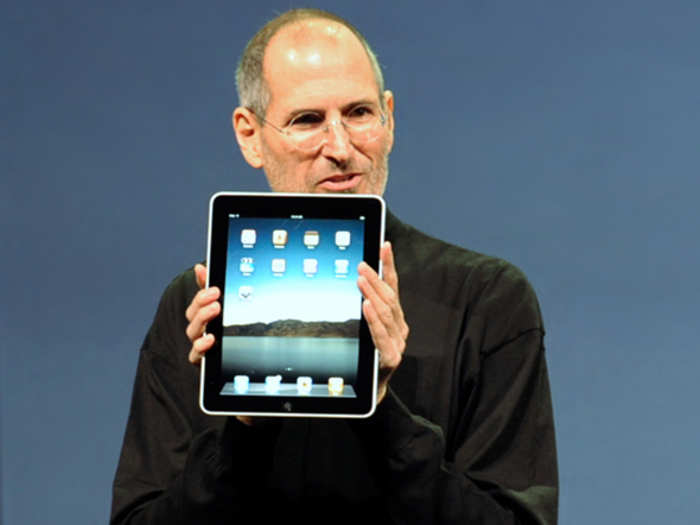- Home
- strategy
- Small Business
- 13 Small 'Natural' Brands That Are Actually Owned By Giant Corporations
13 Small 'Natural' Brands That Are Actually Owned By Giant Corporations
Mars bought Seeds of Change for an undisclosed amount in 1997.

General Mills bought Cascadian Farm for an undisclosed amount in 1999.
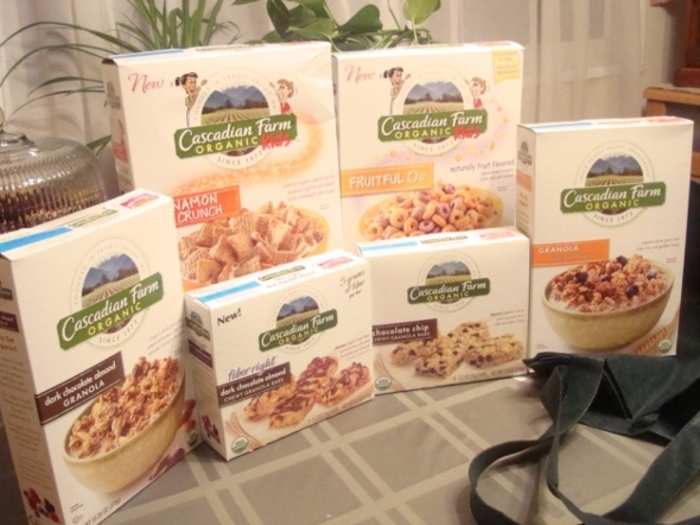
Cascadian Farm used to be famous for its cereals with "no added sugar." A few years ago, this label disappeared from its boxes.
A Cascadian Farm customer said her children noticed a funny new taste in their Purely O's. It turned out the cereal had tripled its sugar count from 1 gram to 3 grams in 2009.
The move was condemned by Cascadian Farm customers, who felt duped and complained the new cereal tasted "dreadful" and looked "disgusting." Some time later, the company posted a note on the back of Purely O's boxes saying it had returned to a recipe with just 1 gram of sugar.
Unilever acquired Ben & Jerry's for $326 million in 2000.
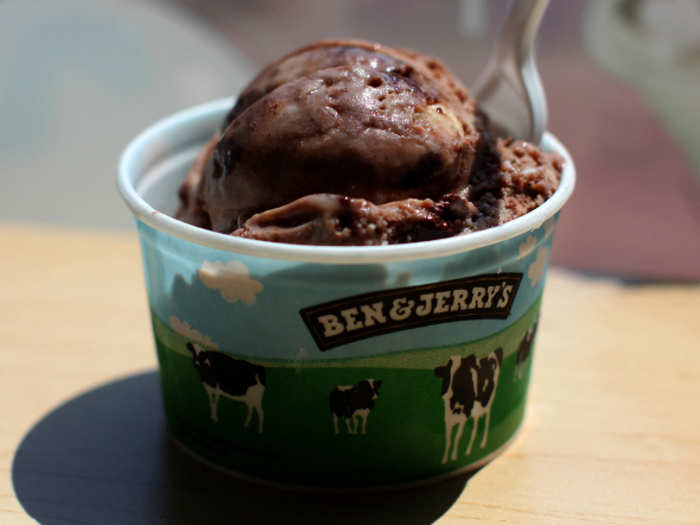
The ice-cream maker said Unilever was determined to nurture Ben & Jerry's commitment to community values, and would donate 7.5% of profits to a foundation.
However, in 2002 the company was accused of abusing its "All Natural" label by the Center for Science and Public Interest, and in 2005 Ben & Jerry's CEO Walt Freese admitted the company had grown soft on continuing its tradition of social consciousness.
Kellogg's bought Kashi for $33 million in 2000.
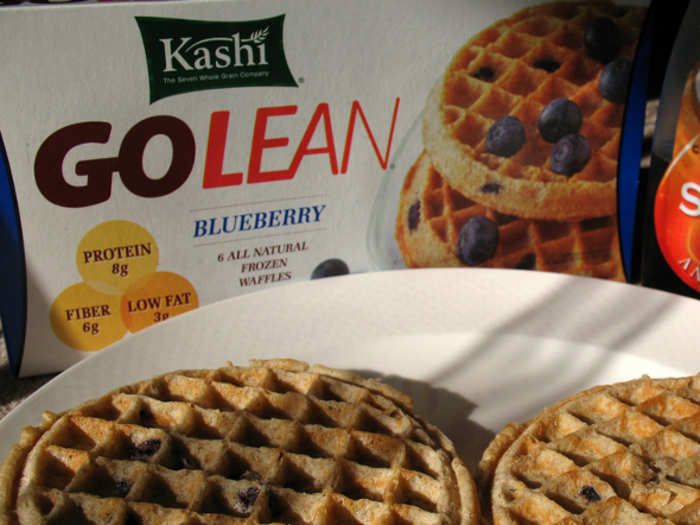
After Kellogg acquired the Battle Creek, Mich.-based company, customers worried that Kashi would begin using genetically modified organisms, or GMOs, which were known to be used in Kellogg's' cereals.
Controversy erupted in 2012, after a Rhode Island grocer posted a note saying he wouldn't sell Kashi cereal because he discovered the brand used genetically engineered ingredients. Kashi said it had done nothing wrong, and noted that the U.S. Food and Drug Administration does not regulate the term "natural."
Kraft bought Boca Foods for an undisclosed amount in 2000.
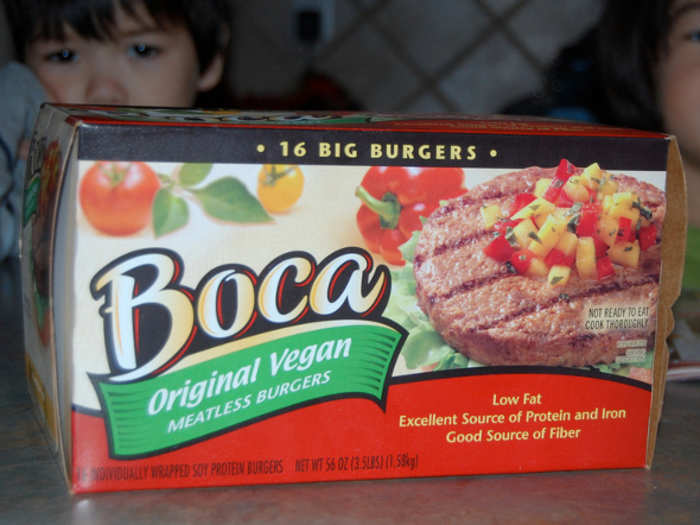
Boca is best known for its Boca Burgers, which are made with a soy-based meat substitute like all its other products. At the time, Kraft was still owned by mega-conglomerate and cigarette monolith Philip Morris.
A year after the acquisition, Kraft announced plans to close the Fort Lauderdale Boca Burger factory, slashing the jobs of its 48 employees. The subsidiary was also the target of criticism in 2009 when animal rights groups campaigned against its use of eggs that come from caged hens. Many of Boca's products are now egg-free.
ConAgra bought Lightlife Foods for an undisclosed amount in 2000.
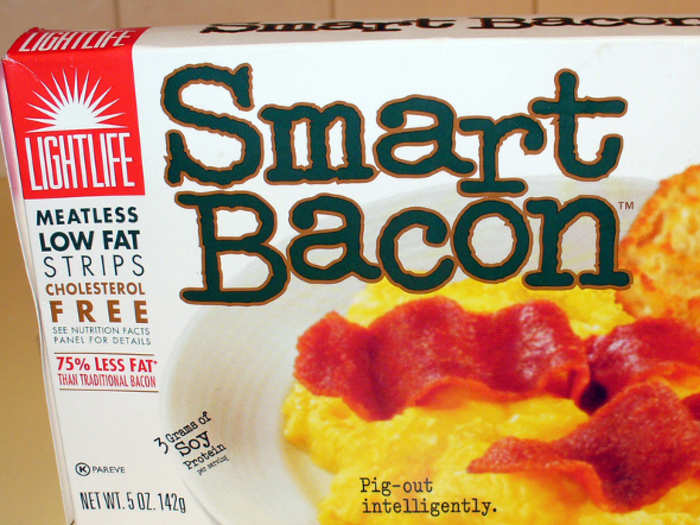
Lightlife produces vegetarian and vegan meat substitutes like Smart Deli slices and Smart Bacon, which made it a logical acquisition target for ConAgra, one of the world's largest packaged food companies.
But ConAgra has also fought against some natural food initiatives. In 2002, the company joined its competitors in stopping the state of Oregon's Measure 27, which would have required it to label products that have genetically-altered ingredients.
Coca-Cola bought Odwalla for $181 million in 2001.
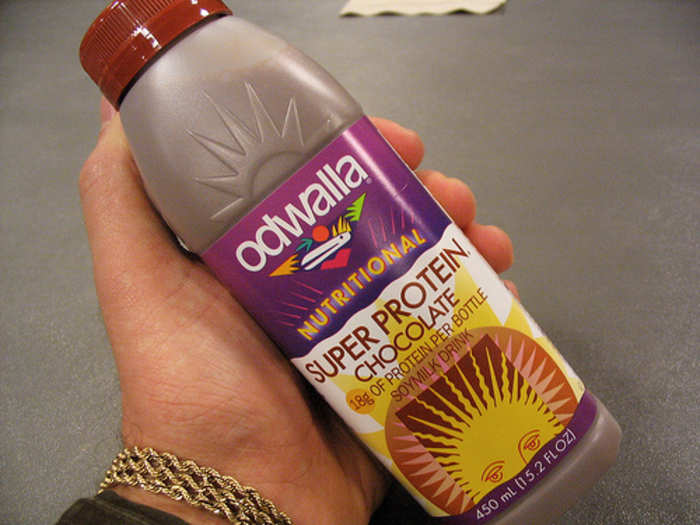
"I think everybody is now chasing nourishment," Odwalla President Shawn Sugarma said in 2004. "Obesity and its related health problems are a huge concern for anybody in the food business today."
Known for blends such as C Monster, Mo' Beta, and Red Rhapsody, the juice and natural food bar makers stopped selling the fresh-squeezed orange juice that had made Odwalla famous since it wouldn't last the days and weeks the juices are in transit or on the shelf. Today, the brand offers an "all natural" orange juice, which is says is "flash pasteurized" and 100% squeezed.
Colgate-Palmolive bought Tom's of Maine for $100 million in 2006.
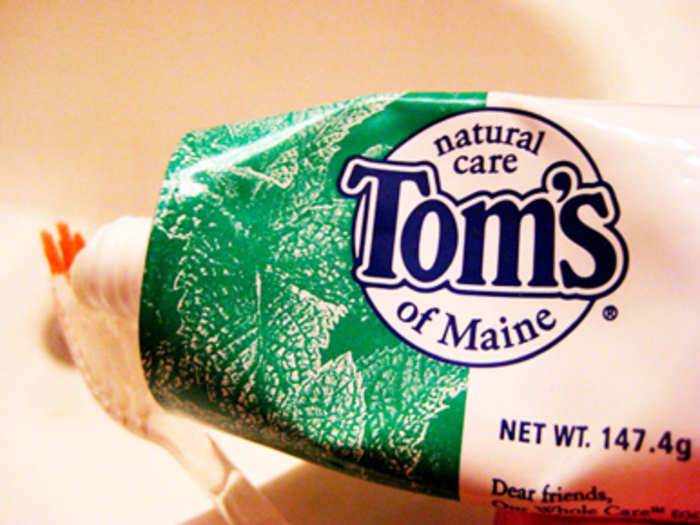
Colgate-Palmolive acquired an 84% stake in the company for roughly $100 million. After the acquisition, Tom's of Maine loyalists grappled with whether to keep supporting the brand. Some complained about the new toothpaste's sweet flavor, the new plastic packaging, and the new smell of deodorant soap.
L'Oréal bought Body Shop for $1.3 billion in 2006.
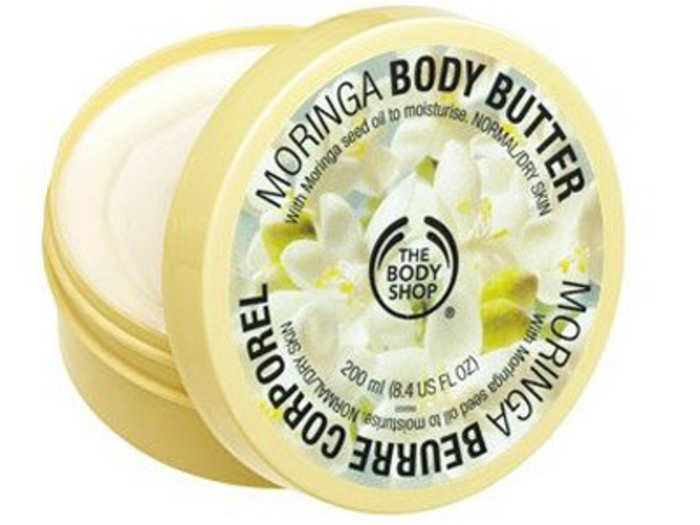
Immediately after the deal, consumer satisfaction with Body Shop fell almost 50%, according to an index that tracks public perception of more than 1,000 consumer brands.
Animal rights activists and multinational Swiss company Nestlé, which has a 26% share in L'Oréal, also called for a boycott of Body Shop.
Pepsi bought Naked Juice for an undisclosed amount in 2006.
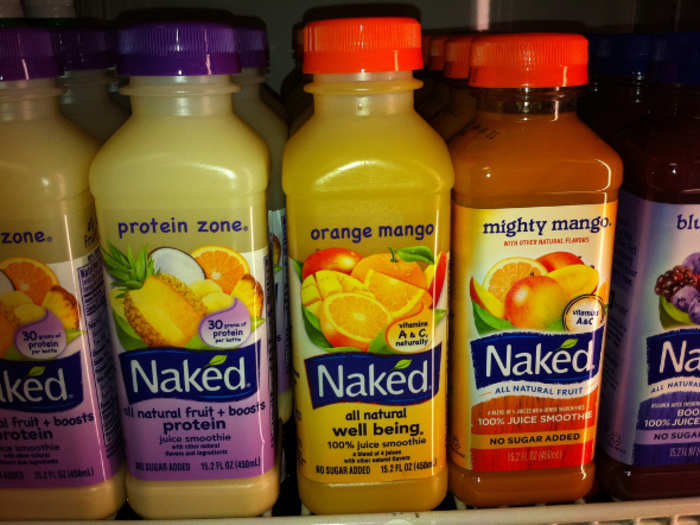
In the same year, Pepsi also bought Stacy's Pita Chips and Izze Beverage in an effort to appeal to consumers on healthier diets.
Pepsi bought Naked Juice blends and smoothies in part to compete with Coca-Cola, which had acquired Odwalla in 2001. When the deal was announced, Pepsi said its healthy products line had been expanding two and a half times as fast as the rest of its portfolio.
Hershey's bought Dagoba Chocolate in 2006.
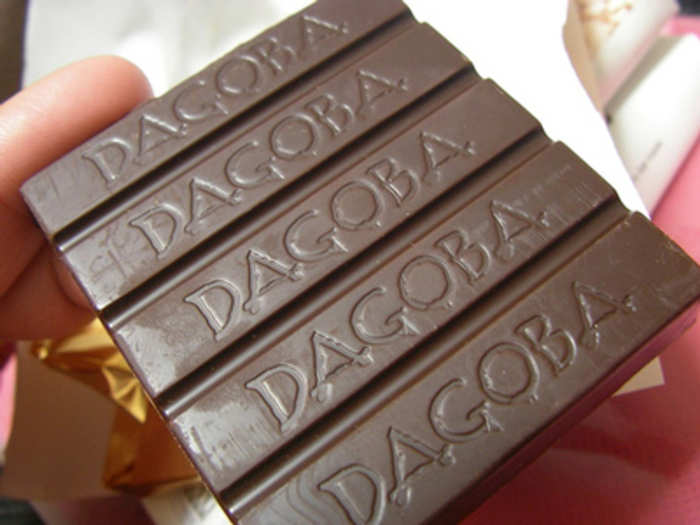
Hershey's announced the deal as part of "strategic focus on the high-growth premium chocolate segment."
"Organic chocolate products are experiencing dramatic growth as consumers continue to trade up for indulgent, high-quality products," Richard H. Lenny, president and CEO of Hershey's said at the time.
Coca-Cola bought Energy Brands for $4.2 billion in 2007.
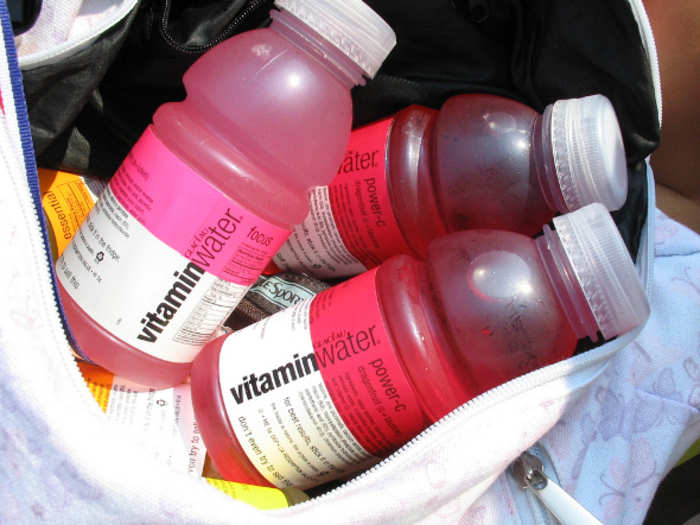
Glacéau, better known as Energy Brands, is the maker of Vitaminwater, Fruitwater, and Smart Water, among other products.
In early 2011, Coca-Cola was banned from advertising Vitaminwater as "delicious and nutritious," after admitting its 500 mL drink contained 23 grams of sugar — more than a quarter of the recommended daily intake.
Clorox bought Burt's Bees for $913 million in 2007.
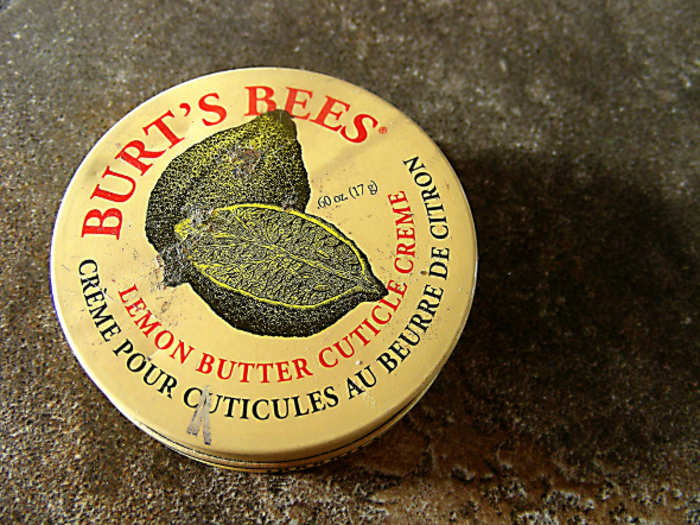
After the deal went through, scores of customers called Burt’s Bees and accused the company of selling out.
John Replogle, the chief executive of Burt’s Bees, told the New York Times that he personally responded to customers who left their phone numbers.
Popular Right Now
Advertisement
